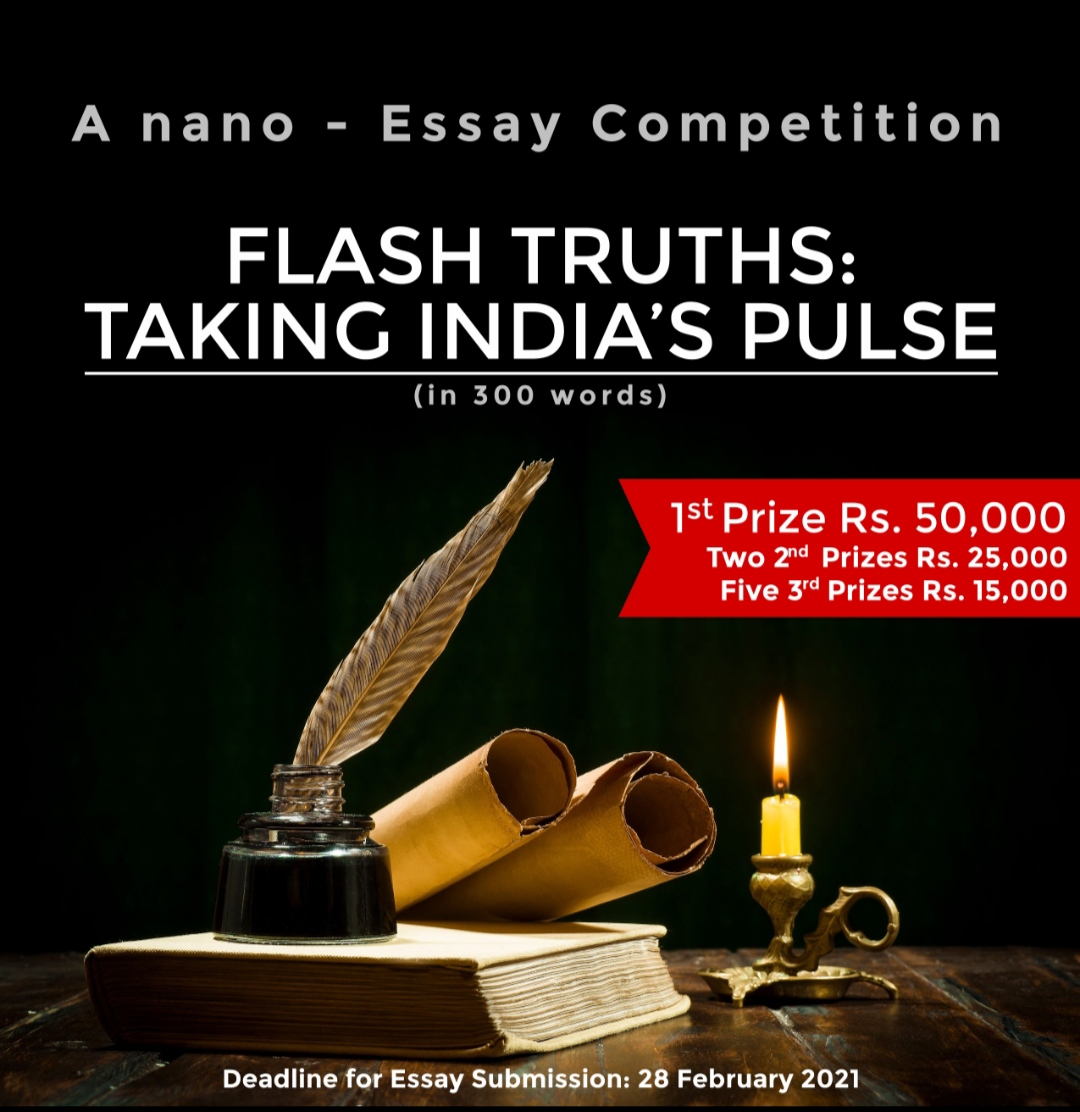The scenes being broadcast from Minsk, in Belarus, are transfixing and, thanks to the near-real time transmission, a compelling illustration of how – geography notwithstanding – we all can feel part of something epochal.
Almost 30 years ago I experienced a similar transformation in Moscow as the tanks took up position on a drizzly morning – August 19, 1991 – and Soviet television carried a stultifyingly monotonous broadcast of ‘Swan Lake’, and the national airwaves filled with something mournful and dulling. I like Tschaikovskii, but at that time his music bespoke something sinister and portentous. It was the start of the attempted coup against Gorbachev, which, mercifully, faltered and collapsed after three days with limited bloodshed, a lot of haphazard incompetence, and which ultimately changed the globe for ever and – though some might debate this – for the better.
In the more recent phase of my former professional life I lived in post-Soviet Russia and had reason officially to visit post-Soviet Belarus. I liked the people and the country. Mindful of the risk of falling into generalisations, nonetheless I have to say I thought Belarusians handsome – a striking blend of European and ‘eastern’ physiognomies. I found them to be thoughtful, interesting and interested interlocuteurs, literate and educated, courteous and civil. They were quietly proud of their country and their heritage and pleased that outsiders showed an interest. Within the limits of their means, they were hospitable and ineffably welcoming.
The country’s geography has placed it at the centre of some of modern history’s most momentous events: to Belarus’ lasting cost, it was the transit point for armies invading (liberating?) from both directions over the centuries. For its people and, still, for Russia, it is where “The Great Patriotic War” was unleashed on 22 June 1941, when Hitler’s armies rolled across the border, smashing the fortress at Brest – preserved to this day in moving and solemn ruin, complete with the defiant charcoal-inscribed messages of resistance and patriotic fervour of its out-numbered and overwhelmed defenders. On Belarusian soil the partisans waged ceaseless, debilitating war against the invaders. The country’s war cemeteries – including those holding Germany’s own manifold dead – bear silent and deeply moving witness to the almost incomprehensible cost of three years’ occupation. Almost one in three Belarusians perished.
I well remember a car journey I made from Moscow in late 2016 to Bryansk in SW Russia, across the border to Gomel, then via Bobruisk to Minsk; from there to Brest and back; and then, via Zhodzhino, on the main highway – which had borne Napoleon’s and Hitler’s troops – back across the border to overnight in Russian Smolensk and visit the sepulchral Katyn Forest, where for decades the remains of tens of thousands of Poland’s military, intellectual and cultural elite had lain in mass, un-marked graves – murdered by Stalin’s NKVD as a result of the infamous Molotov-Ribbentrop Pact (which Moscow to this day self-servingly overlooks in favour of harping about the Munich Agreement of 1938).
That trip was a chance to see more of the beautiful Belarusian countryside than most visitors ever experience, and yet I wish I had gone back many more times and seen more. In Gomel I made the rookie mistake – against which I had warned younger colleagues – of going vodka toasts, one for one, with my hosts. I was hammered by evening’s end, pronouncing the sort of slightly cringe-worthy, but nevertheless sincere, protestations of friendship, peace and so on, before carefully finding my way back to the hotel with a little help.
In even the smallest villages, the streets were orderly, the verges kempt and clear of rubbish, the picket fences upright and painted, and the gardens well tended. In Soviet times the joke ran that Belarus was what the Soviet Union would have been like had it worked, and that the Belarusians were ‘the Germans of the USSR’: meticulous, efficient, punctual and tidy.
My exposure to Belarus supports that contention, albeit without a trace of irony or condescension. I liked the people. The country had – and still has – an industrial and scientific base which gives it substantial intellectual and economic capital and potential; it deserves to be able to make more of it.
Noteworthy in the current protests is the absence of EU or other foreign symbols. There is no ‘black hand’ or foreign instigator behind this, no matter what self-serving tripe conspiracists might peddle. This is an organic, national, and natural uprising which reflects the desire of a sovereign, dignified and worthy people to reclaim their country and make their own future.
I am anxious for Belarus, but optimistic as well.
Comments On “Reflections on Belarus …and an earlier transformation in the USSR”
Peter Tesch
Thank you. It’s pleasing to know that something written from the heart can reach another’s.
Tarun Basu
Beautiful narrative – history, geography, sociology of Belarus all brilliantly synthesized to make compelling reading for someone sitting far away in India with scanty knowledge of the region and its geopolitics. Feel an immediate empathy for the people for their struggle which otherwise felt so remote and disconnected. Loved the descriptive. Tarun Basu, New Delhi



